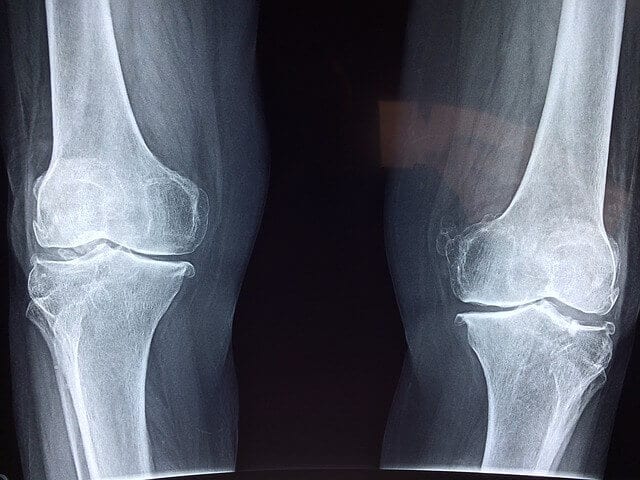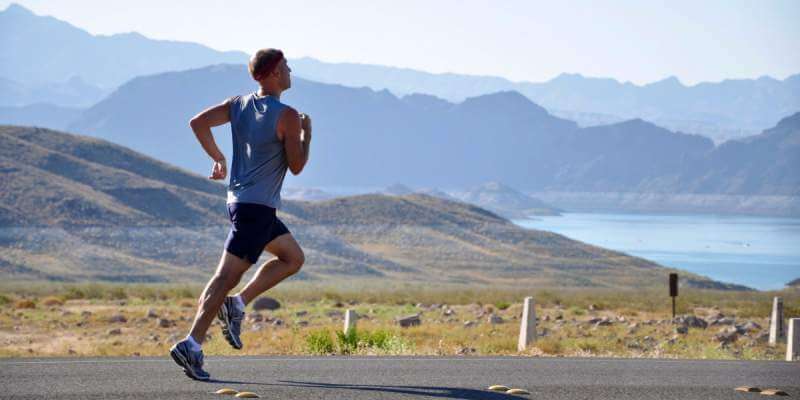Looking for that perfect year-round activity that can give your body and mind a health-boosting dose of exercise? Look no further than hiking! When it comes to getting outdoors, breaking a sweat, and seeking adventure, hiking leads the pack of low-impact workouts. Check out these expert hiking tips and health benefits:
Hiking Exercises the Heart

Cardio (aerobic) exercise is best characterized by moderate intensity activity over an extended period of time. In addition to the skeletal muscles, hiking gives the heart muscle a workout, helping to strengthen it and fight off risk of developing high blood pressure, diabetes, and heart disease. Hikers around 160 lbs can burn over 400 calories per hour hiking, while those over 200 lbs can burn well over 500 calories an hour.
Hiking Generates Vitamin D

Healthy sun exposure, even under the canopy of a forest through which you are hiking, does wonders for helping your body stay healthy. UV radiation is converted into vitamin D in the body which aids immune health and strong bone density. Rates of chronic diseases, like multiple sclerosis, have been linked to suspected lack of vitamin D exposure as well. Getting healthy doses of sunlight doesn’t mean you should avoid using sun protection SPF though.
Hiking Supports Bone Density

As a weight bearing activity, hiking technically requires your body to work against the force of gravity when lifting and pushing your legs to climb inclines. This type of exercise stresses the bones, triggering the body to lay down more mineral (including calcium) and bolster your bone density. Especially important for older adults who experience low bone mass as they age, hiking may be a way to help fight osteoporosis and unexpected fractures.
Hiking Improves Balance and Coordination

Walking over tree roots, navigating switchbacks, hiking over rocks, boulders, bridges, steep inclines, you name it – all of these seemingly trickier environmental obstacles are par for the course when it comes to hiking. That’s why hiking makes for a superb activity which helps hone balance and coordination skills. The agility and eye/foot coordination required with hiking will vary depending on the grade and degree of your trail, however, even the mildest of trails is bound to offer even a few challenging obstacles.
Hiking Boosts Mood

Spending time outdoors has been shown to help lower stress levels as well as reduce feelings of negative rumination. Hiking through mountainous terrain, or simply the rolling wilderness of sloping hills both connects you to nature as well as places you in an environment with less light and air pollution than you might be otherwise be used to.
Hiking Offers Social Interaction

Often the best part of hiking is getting to spend time doing something fun with friends. Hiking is a great group activity, whether you’re taking a day trip with friends or volunteering on a trail clean-up with a local charity. Social interaction is key to combatting depression as well as staving off age-related disease like Alzheimer’s and dementia. Conversing and interacting with others helps to strengthen critical areas of the brain as well as reinforce neural pathways.
Hiking Provides Pain Relief

Coping with chronic low back pain? Struggling with painful joint movement associated with arthritis? Hiking plays an important role as a low-impact exercise in helping to improve blood circulation, reduce muscle inflammation, and loosen up stiff joints. All of those benefits quickly add up to some modicum of pain relief, and when combined with enhanced positivity, can ultimately benefit your overall well being and mood.
Helpful Hiking Tools
When it comes to completing a successful hike, it is best to be prepared. From physical accessories to digital apps, don’t miss this go-to list of hiking essentials:
Water bottle – staying hydrated is key, even if you think you are only going to be hiking for an hour. A water bottle on your person or in your day pack is a must as you never know what hiccups you might encounter on the trail, and as well because hiking can actually make you sweat significantly and deplete your body’s water reserve.
Trekking poles – the best trekking poles for the money will offer stability, balance, and support, especially for older hikers, while remaining lightweight, easy to transport, and with moldable handles that won’t cause blisters. Trekking poles (or hiking sticks) can also promote better posture and form when hiking, and prevent you from hunching over.
Hiking shoes – going for a long hike in any old shoe could potentially leave you in pain for days to come. Hiking boots help stabilize the ankle and support your gait to trek over uneven terrain and trail obstacles like downed tree branches and large rocks. Hiking in old tennis shoes, or worse, flip flops, could leave you more open to sustaining injuries like a sprained ankle or stubbed doe.
A good app – while ‘getting back to nature’ with a good hike might have you turning away from technology, it’s important to recognize all the helpful mobile apps out there which can actually enhance your journey. MapMyHike will track fitness data associated with your hike including distance traveled and calories burned, while AllTrails and ViewRanger offer free interactive maps of tens of thousands of trails for you to explore.
Sun protection – don’t get caught under a blazing sun on your next hike without any protection. Even on a cloudy day, UV radiation is making it’s way to your skin. Don’t forget to wear sunblock and take apparel to protect your eyes like sunglasses or a hat. Hikes often top off at some sort of peak where you emerge from a tree canopy to a wide open summit with lots of sun – be ready for sun exposure!
Know-how – a little knowledge can go a long way, even in saving your life out on the trail. The know-how of hiking requires more than a little knowledge of how to walk up and down a trail. Out in the wilderness you can encounter many challenges, from wild animals, to unexpected inclement weather, to even getting lost. Knowing how to seek shelter, look for trail markers, use a compass, and even forage for food and water can come in handy in a pinch and potentially save your life.
If you’re looking for a great cross-training activity for a strict running regimen, or simply spicing up your hum-drum workout routine, move hiking to the top of your list today!

1 thought on “7 Ways Hiking Benefits Your Health”
Comments are closed.